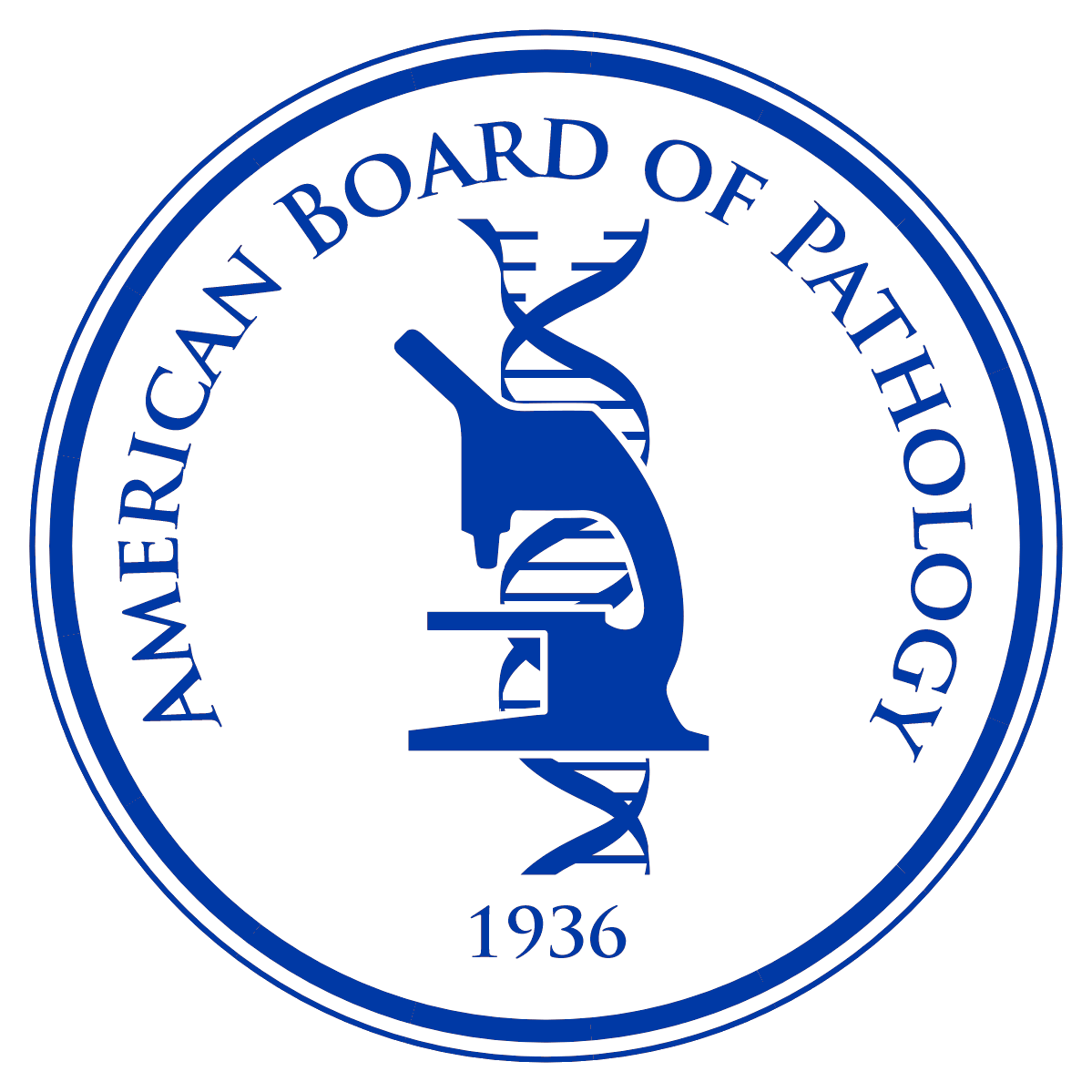Continuing Certification

New Diplomates
Reporting
Assessment
CME
CC Booklet of Information
Meeting CC Requirements Late
Certificates
Lapel Pins
Retired Status
Continuing Certification Program Overview
Maintain Your Certification
The ABPath is committed to the continuous professional development of our diplomates through the Continuing Certification (CC) Program, a program designed for physicians to maintain their board certification. The CC Program is an ongoing process that assists physicians in maintaining standards necessary for them to provide quality care throughout their career.
- Diplomates issued certificates after 1/1/2006 are automatically enrolled in the program.
- Diplomates with non-time limited (lifetime) certificates issued prior to 1/1/2006 may voluntarily enroll in the CC Program at any time.
New diplomates- If you are completing a fellowship you must participate in ABPath CertLink and submit your two-year CC Reporting form per the CC Booklet of Information.
A diplomate issued a primary certificate (AP/CP, AP only, CP only, or AP/NP) after 1/1/2006 must maintain their primary certificate in order to maintain any ABPath subspecialty certifications.
CC Program Participation
Participating in the CC Program is defined as meeting Reporting requirements and continuously answering ABPath CertLink© (ABPCL) questions during a two-year period.
Participation is completed through a diplomate’s PATHway and ABPath CertLink© (ABPCL) accounts. PATHway is the platform used to connect the board and pathologists. ABPCL is the CC Program longitudinal assessment platform. A diplomate’s CC Program progress and participation is tracked on the CC Program page in their PATHway account.
Both reporting forms and ABPCL cover all certifications in the CC Program. Individual certifications do not have separate deadlines, timelines, or assessment cycles.
Reporting Requirements
Reporting forms cover medical license and practice information, continuing medical education, and quality assurance activities during a two-year period. A reporting form must be submitted before the end of a given two-year period. To see the current reporting form and its due date please check the CC Program page in PATHway.
Assessment Requirements
All assigned ABPath CertLink© (ABPCL) questions should be completed each quarter. An ABPCL quarter is missed if there are one or more incomplete questions when the quarter closes. No more than two quarters may be missed in a two-year period.
Fees
Each diplomate is assessed an annual fee of $150 for the establishment and maintenance of an electronic record of certification. The fee is per physician (not per certificate) and is assessed annually. The first payment is due the year following CC Program enrollment.
Not Participating in the CC Program
Diplomates are expected to remain current in their participation in the CC Program by satisfactorily completing all CC requirements and meeting all CC deadlines. CC Program participation is reported with verification of certification.
Please see the Meeting CC Requirements Late page for information related to late or non-participation in the CC Program.
Voluntary Program Enrollment
Although ABPath does not require diplomates with non-time limited certificates to participate in CC, it strongly encourages them to do so. Voluntary participation can be for ABPath CertLink© (ABPCL) only, or the entire CC Program. To voluntarily enroll a diplomate should view their CC Program page in PATHway. Participation in any element of the CC Program by these diplomates does not affect lifetime certification(s) and cannot put their original certificate(s) in jeopardy of expiration.
As of July 2013, the ABPath’s Voluntary Recertification program is no longer available. A diplomate with a non-time limited (lifetime) certificate who wants to take a secure examination for licensure requirements must do so through the CC program.
Diplomates of ABPath are required to accurately state their certification status in curriculum vitae, publications, directories, letterheads, etc. A diplomate whose certificate has expired must not claim to be board certified, and all descriptions of certification status must be modified accordingly. If an individual represents that he/she is certified by ABPath when such is not the case, ABPath will notify appropriate authorities, including, but not limited to, credentialing agencies, licensing boards, and law enforcement agencies.

